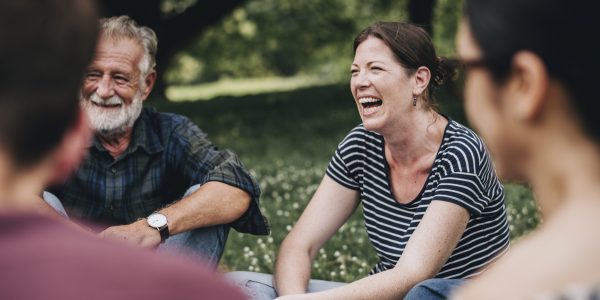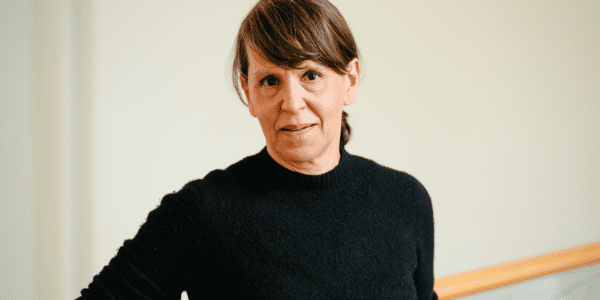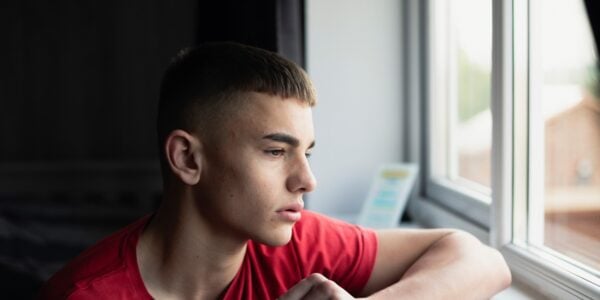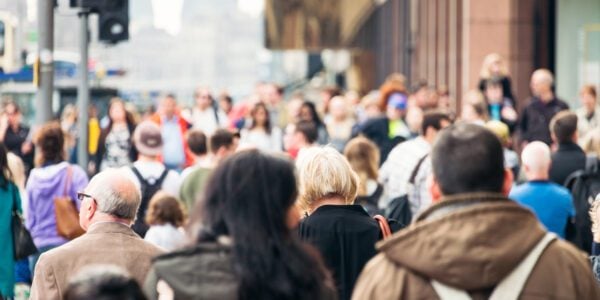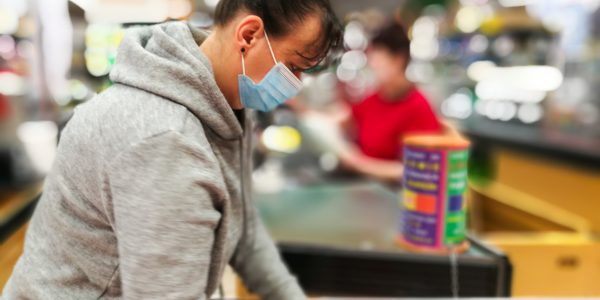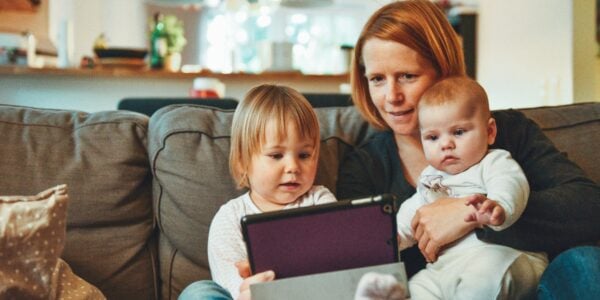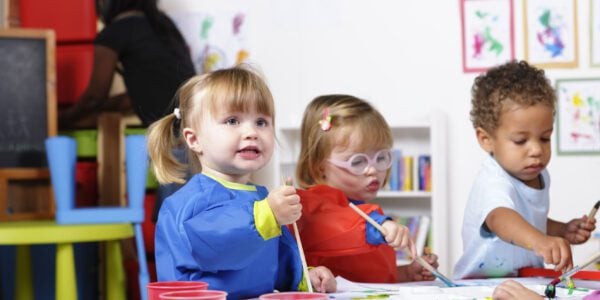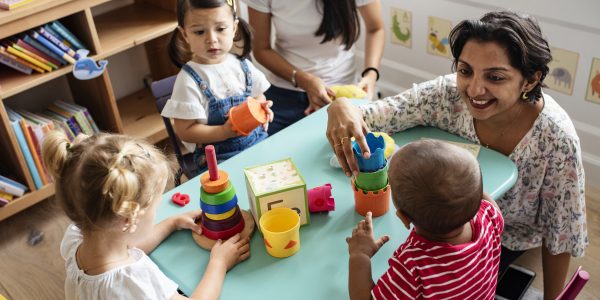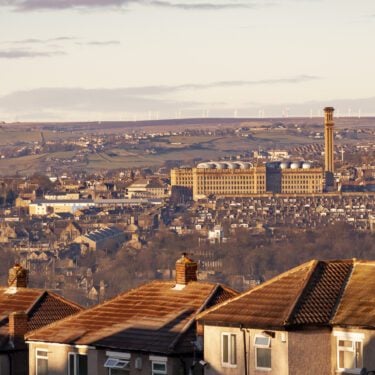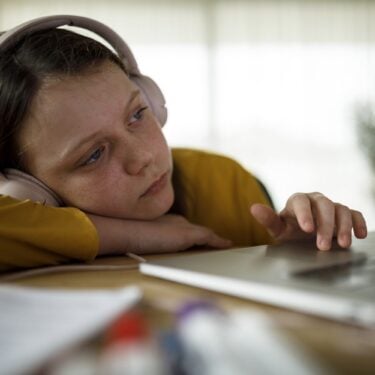Women have found the COVID-19 pandemic more challenging than men psychologically, reporting higher levels of depression, anxiety and loneliness, and lower levels of life satisfaction and happiness, find UCL researchers as part of the COVID-19 Social Study.
Respondents to the study from BAME backgrounds also reported consistently worse mental health than other groups across every measure throughout the pandemic, with higher levels of depression, anxiety, thoughts of death or self-harm, reported abuse and loneliness, and lower life satisfaction and happiness.
Other groups at risk of higher depression and anxiety are young adults, people living alone, people with lower household incomes, those living with children and those living in urban areas. Levels of depression and anxiety are also higher among those with a long-term physical health condition and those with lower educational qualifications.
The biggest stresses around COVID-19 also differ amongst different groups. Women and those with long-term physical health conditions are more worried about catching the virus or becoming seriously ill from it, however people from BAME backgrounds are more concerned about losing their jobs and financial issues, as are those with higher educational qualifications.
Mental health during lockdown
At the start of lockdown, levels of anxiety and depression were 9% and 14% higher amongst people from BAME backgrounds compared to people from white ethnic backgrounds on average and life satisfaction was 6% lower. Amongst women, anxiety was 53% higher, depression 30% higher, and life satisfaction 7% lower compared to men. In the last month, levels of anxiety and depression persisted in being 30% and 15% higher amongst people from BAME backgrounds compared to people from white ethnic backgrounds on average and life satisfaction was 3% lower. Amongst women, anxiety was 50% higher, depression 36% higher, and life satisfaction 5% lower compared to men.
Launched in the week before lockdown started, the ongoing UCL COVID-19 Social Study is funded by the Nuffield Foundation with additional support from Wellcome and UK Research and Innovation (UKRI). It is the UK’s largest study into how adults are feeling about the lockdown, government advice and overall wellbeing and mental health with over 70,000 participants who have been followed across the last 30 weeks.
Lead author, Dr Daisy Fancourt (UCL Epidemiology & Health Care) said:
“It’s clear that the COVID-19 pandemic and the lockdown restrictions have affected different groups in different ways, with some able to cope with the changes much easier than others.
“Many of the groups identified as at risk of worse mental health during the pandemic are groups who typically experienced worse mental health before the pandemic. But COVID-19 appears to have exacerbated these mental health inequalities. It’s important that additional support is made available to minimise the risk of long-term psychological consequences for these groups.
“While levels of mental health vary across groups, what is clear is that the pandemic is having an impact across the board on people’s stress levels and overall wellbeing.”
The study also found that majority compliance with the measures to reduce the spread of the virus (broadly following the rules but with some modifications) remains high at around 90%, and is no different by education or income, but people with higher educational qualifications and higher household income are bending the rules more, and complete compliance (following the rules with no modifications) has dropped substantially since the spring. These groups also have lower confidence in the government to handle the pandemic. However, they are psychologically coping better with the toll of the COVID-19, with better mental health overall.
Cheryl Lloyd, Education Programme Head at the Nuffield Foundation said:
“The finding that people from Black, Asian and minority ethnic groups are experiencing worse mental health during the pandemic reinforces what we know about existing ethnic inequalities in mental health. We also know that some ethnic minority groups have proportionally higher mortality rates from COVID-19 and are more likely to be working in sectors affected by lockdown and to be self-employed – making them more economically vulnerable. The provision of mental health treatment and support needs to take into account the different levels of need in the population and the complex ways in which social, health and economic issues combine to put some people at higher risk.”
The study team is also running the COVID-MINDS Network: an international network of over 130 longitudinal mental health from over 70 countries. Through the network, dozens of scientists and clinicians are coming together internationally to collate results from mental health studies running in countries around the world and compare findings. The initiative is supporting the launch new mental health studies in other countries and show whether actions taken in specific countries are helping to protect mental health.

